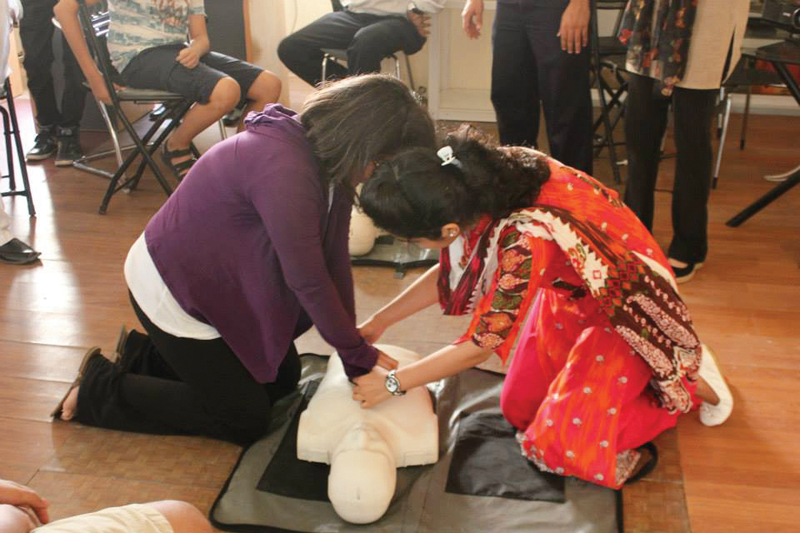
Volunteering is a critical expression of involved citizenship and a fundamental element of a functional democracy. It involves the commitment of time and energy for the benefit of society and community, manifesting in many forms. It is undertaken without the attraction or accumulation of financial gains.
People volunteer for many different reasons. Their main objective could be to develop skills or gain experience in a certain area of work. It can also stem from a selfless desire to give something back to society. People may have a strong emotional affiliation with a certain cause and consequently they may volunteer because they feel a moral duty to take part in voluntary action or support that particular cause.
Societies where volunteering becomes part of their culture are resilient societies. This practice becomes an expression of people’s commitment to their communities, their sense of belonging to a place, a selfless desire to bring positive change in people’s lives, and therefore leads to bonding and integrating communities along ethnic, religious and socio-economic divides within the larger context of a caring society.

In Pakistan, there is significant monetary contribution for social causes through disbursement of various charities; religious and otherwise. However, the practice of volunteerism has not really taken root on a wider scale. In a society that is increasingly being segregated and polarised along ethnic, political and religious divides, promotion of volunteerism is one of the best ways of making people think beyond themselves and their families and work jointly for the greater good of society.
Despite a lack of organised and expanded footprint of volunteerism in the country, some extremely positive initiatives are taking place that have the potential of having a multiplier effect and thus facilitating a greater understanding and participation of people in volunteer work.
One such example is that of the Humanity Initiative (HI), a volunteer organisation based in Karachi and formed with the objective of spreading medical knowledge among the nation’s populace, organising free medical camps in communities, schools and working in post-disaster scenarios. The trigger to the forming of this organisation, constituted by students of the Aga Khan University Hospital (AKU), was the Abbas Town blast that killed and injured hundreds. The AKU students participated in providing basic health care and first aid services to the victims and it was there that they realised that even health care officials from hospitals were not fully trained in providing such services.
Two of the students, Taha Sabri and Yasir Rashid, decided to do something about it and thus HI came into being; now boasting around 100 AKU medical student volunteers who find time from their hectic academic schedules to organise and hold health camps in less privileged communities and respond to disaster situations in Karachi and beyond. Part of their work includes imparting knowledge on the provision of Cardio Pulmonary Respiration (CPR), first aid and basic health care. They are also involved in educating communities on how they can take preventive measures against diseases such as hepatitis and typhoid.
According to Sabri, the organisation’s coordinator, an important consideration while forming this organisation was that the privileged youth is exposed to the plights of the less privileged communities, thus enabling them to become more socially responsive individuals and instil in them humanitarian values.
Sabri adds that there is an urgent need for government institutions and universities to train their employees in such critically important life saving techniques such as CPR and first aid. He also stressed the need of greater networking between institutions engaged in similar activities.
HI is one example of how small groups can make a large difference through volunteer efforts. Within this context it is important that such initiatives act as models for inspiring other members of society to form volunteer and self-help groups for making ours a more humane, tolerant and caring society. The government can also learn a lot from these groups and try to apply into their policy, planning and institutional mandates the positive lessons learnt.
The writer is an urban planner and runs a non-profit organisation based in Karachi focusing on urban sustainability issues
Published in The Express Tribune, December 8th, 2014.
COMMENTS (1)
Comments are moderated and generally will be posted if they are on-topic and not abusive.
For more information, please see our Comments FAQ

1722586547-0/Untitled-design-(73)1722586547-0-165x106.webp)


1732326457-0/prime-(1)1732326457-0-165x106.webp)












Excellent step taken by the sabri boy. Good Job !!!